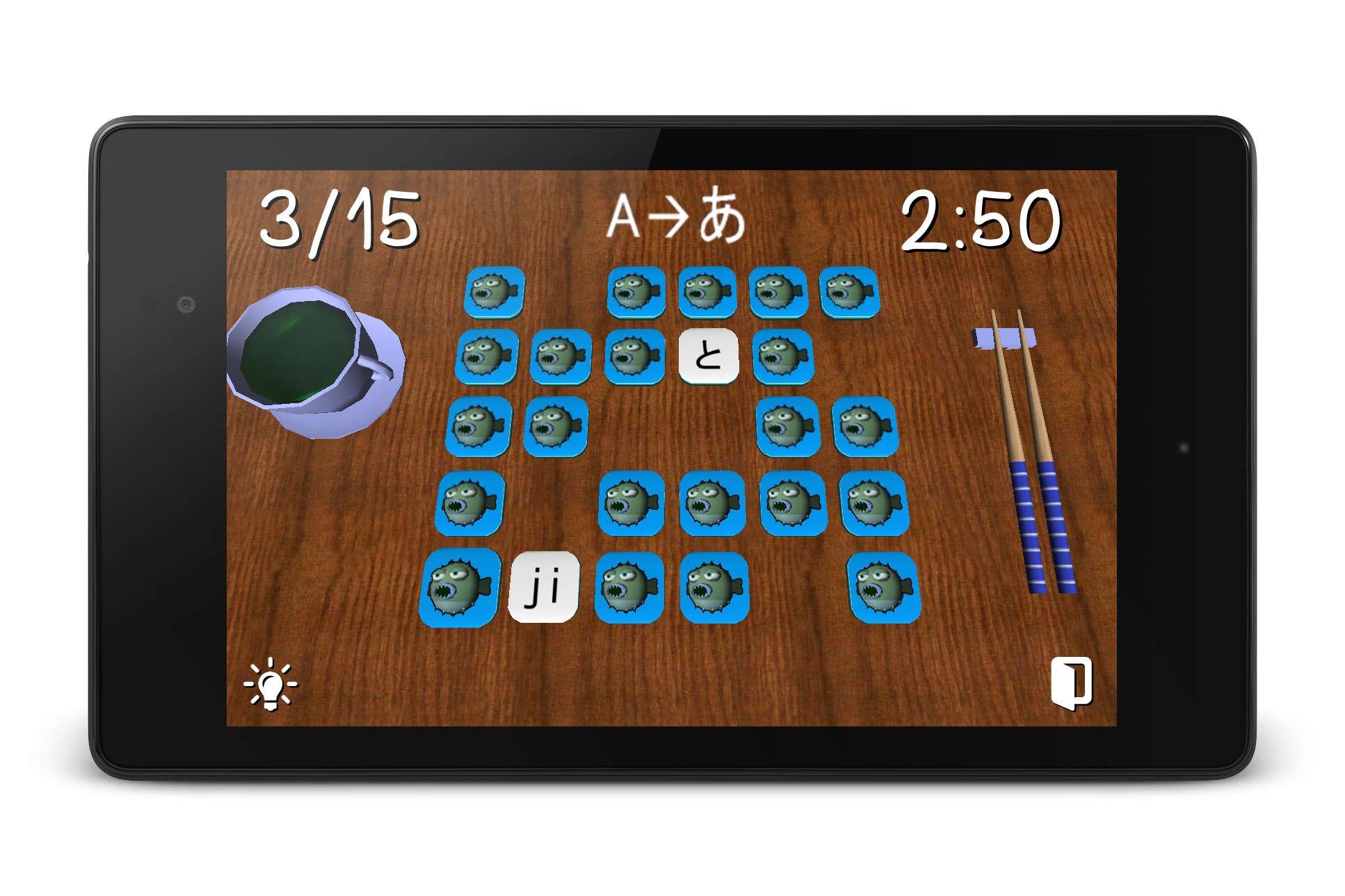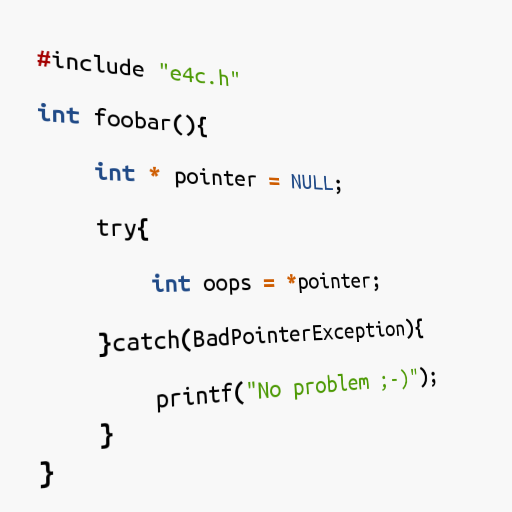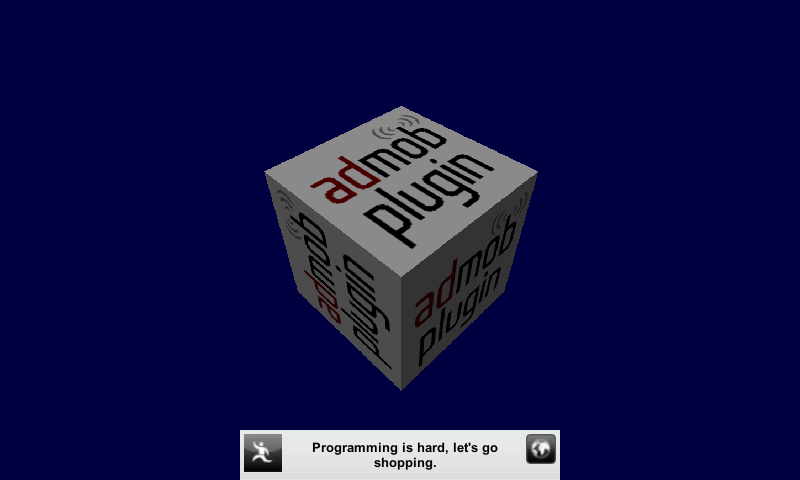My Hobby Projects
Result Library for Java
The purpose of this library is to provide a type-safe encapsulation of operation results that may have succeeded or failed, instead of throwing exceptions.
If you like Optional but feel that it sometimes falls too short, you’ll love Result.

The best way to think of Result is as a super-powered version of Optional. The only difference is that whereas Optional may contain a successful value or express the absence of a value, Result contains either a successful value or a failure value that explains what went wrong.
Pragmatic Versioning
A specification describing a set of rules and requirements that dictate how version identifiers must be bumped and and assigned to releases.

Memorize Kana
Memorize Kana, formerly Kana Memory, is Origame Studio’s first published game for Android. It is a memory game which helps you memorize Kana (syllabic Japanese scripts) as you play.

This app is available for free on Google Play and translated to several languages.
Memorize Kana is open source; it was developed with Unity and the source code can be accessed at GitHub.
View Memorize Kana on Google Play
exceptions4c
A C library for error handling through exceptions. Among other functionalities, it lets the developer handle error signals sent by the operative system to the program (such as division by zero). It is portable and supports multi-threading.

Find out more about exceptions4c
AdMobPlugin For Unity
An extension for Unity3d which allows you to place Google AdMob banners in your Android games.

View AdMobPlugin For Unity on GitHub
JSON-RPC For Java
A Java 2 Enterprise Edition library to invoke remote procedures over the JSON-RPC protocol from Java applications. It lets the developer to define which fields of a class must be serialized using annotations.
View JSON-RPC For Java on SourceForge
J2ME File System
A Java 2 Micro Edition library which improves the RMS (Record Management System) for MIDlet developers. With J2MEFS, the data can be stored easily on microdevices, using convenient names and directory trees.

